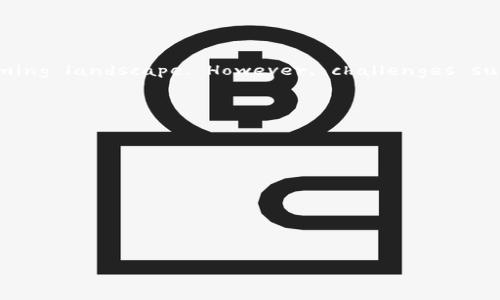区块链游戏英文解说稿Introduction to Blockchain Gami
2025-05-27 11:02:49


上一篇:上一篇:探索区块链虚拟世界:揭开Decentraland、The Sandbo
下一篇:下一篇:没有了
2025-05-27 11:02:49

